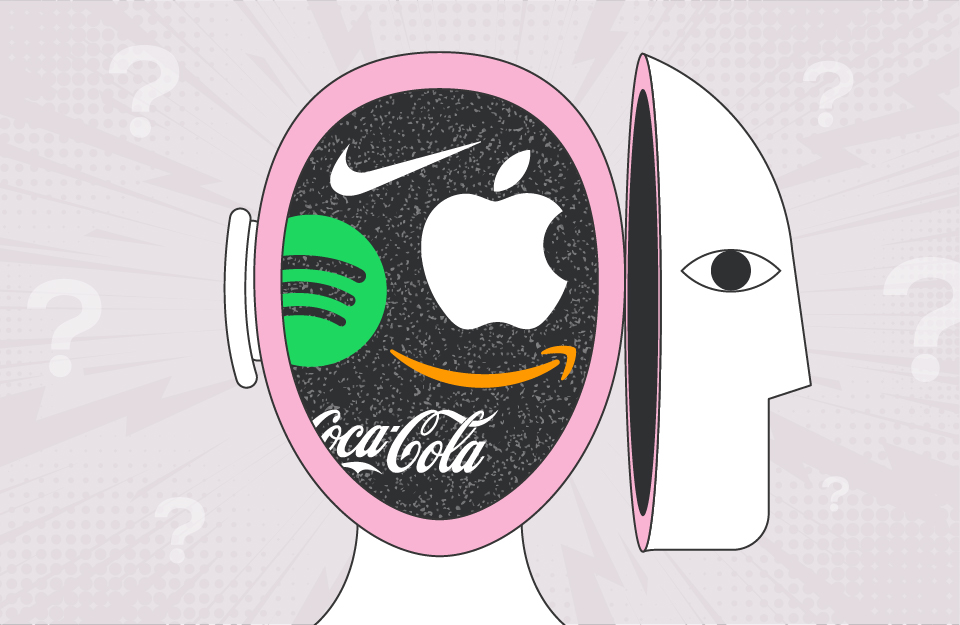Social media is always in the news for the wrong reasons. From privacy concerns to business monopolies, more and more individuals are turning away from the biggest platforms (though not yet in numbers that threaten their existence), and big brands are getting in on the action. But is it really time to walk away from social media, or could businesses be making a serious mistake?
Why would you abandon social media?
It’s not hard to see why brands are on edge about social media. The big players, especially Facebook, have taken a dive when it comes to their reputations. Fake news, the 2016 elections (both US and UK), GDPR, the Cambridge Analytica scandal: where does it end? For the best part of two years, Facebook has been at the forefront of our minds for all the wrong reasons. Many individuals have cited a lack of trust in the platform as a reason for either taking a break or deactivating their social media accounts across the board. It’s also the reason why some brands have chosen to dramatically reduce their paid social media activity.
There’s the mental health aspect to consider as well. When looking at individuals, another common reason for people to walk away from social media is because of how it makes them feel. Studies have shown that up to 34% of Gen Z social media users are leaving because using the platforms makes them feel anxious, sad, depressed and like they’re missing out. Everyone’s aware of the significant issues that social media can have on mental health.
For individuals, leaving social media is pretty much risk-free… other than the possibility of missing out on a handful of party invitations. Not so much for businesses.
Which brands are jumping ship?
JD Wetherspoon quit social media in April 2018 and announced they were leaving due to how addictive social media can be and a concern of data misuse. When they walked away they were congratulated for taking a stand. However, when the pub chain left social media, although they had one of the highest follower counts of any pub chain in Britain, their followership was still modest in comparison to many national restaurant and retail chains. They lost approximately 44,000 Twitter followers– it’s no small number, but not quite the 1Million+ held by the latest brand to depart social media, or the half a million boasted by national brand Tesco… or even the 71,000 held by KFC’s UK Twitter page. Additionally, alcohol and related brands are heavily restricted on social media, meaning Wetherspoon didn’t have as much flexibility as most restaurant or retail brands—so they weren’t missing out on as many marketing opportunities by not having a presence on social media. Wetherspoon walked away for good reasons, but as a well-established household name with a history going back 40 years (and, indeed, the biggest pub chain in the UK), social media wasn’t quite as important to their marketing strategy as it was for Lush Cosmetics.
Lush is the latest brand to announce they’re leaving social media. On 8 April, they released the following statement:
“Increasingly, social media is making it harder and harder for us to talk to each other directly. We are tired of fighting with algorithms, and we do not want to pay to appear in your newsfeed. So, we’ve decided it’s time to bid farewell to some of our social channels and open up the conversation between you and us instead.”
Lush is well known for standing out from the crowd when it comes to their marketing, mostly because they’ve managed to become a household name despite never running any paid advertising campaigns. Their reputation has been built on the foundation of clever, engaging in-store PR and organic social media, through which they have brought together large groups of diverse individuals. They’re also walking away from a lot more followers: well over 1 million. One of the biggest surprises to those watching their example was that Lush has included Instagram in the platforms they are leaving. For their sector, Instagram (and Facebook by proxy) is the best platform for engagement and other brands within their sector rely heavily on this engagement . Instagram has also just released its checkout function which allows users to buy products directly through the platform; this could prove to be a major boon to visually-orientated companies like Lush.
While it’s admirable to want to move toward speaking directly to the customer without going through channels like social media, achieving the same scale of communication without it is almost impossible in the modern era—that’s why businesses have come to rely on it so heavily. Large audiences, granular targeting, cost-effective ads in an environment that users visit daily: what’s not to love? For Lush, the need to be available 24/7 to respond to users, the increasingly difficult to parse algorithms that keep brands from showing up organically in users’ feeds, and the lack of brand safety have caused them to take the drastic step of leaving all social platforms.
Should business walk away from social media?
It’s no secret that some sectors and brands do better on social media than others. But to walk away entirely is risky due to how ingrained social media is in our lives. We should note that while Lush has stated that the corporate office is leaving social media, individual locations will still have accounts that they can use at their discretion. The company is not entirely jumping ship, but it is still taking a massive risk by losing so many followers from their HQ account.
The key to brand success, then, is less about leaving social media altogether, and more about making your social media campaigns (paid and organic) relevant and engaging for your target audience. Focus your efforts on the audiences you know are interested in you and need your services. Don’t just do it because you think you have to, but because it enhances your brand and your customer’s brand experience. If you’d like to find out more about running a cracking social media campaign, get in touch.





